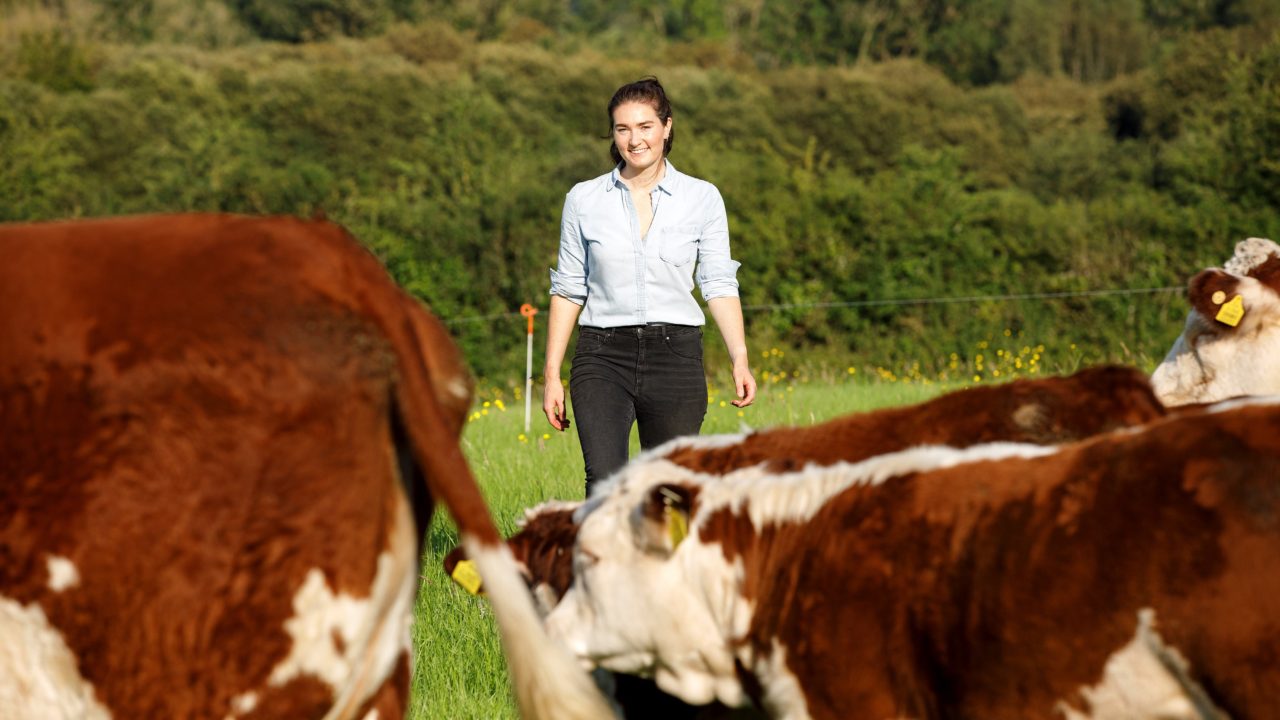The Women in Agriculture Stakeholders Group (WASG) has called on men and women to participate in a national farm paperwork strike to mark International Women’s Day (Tuesday, March 8).
The group asked male and female farmers to take a day off from farm paperwork to highlight the role of women on farms, “whether it’s milking cows, lambing ewes or doing the paperwork,” the WASG said.
The Irish Cattle and Sheep Association (ICSA) representative of the group, Mona O’Donoghue-Concannon, said that this work is often “undervalued”.
She explained:
“All farmers know that running a farm these days would not be possible without sorting paperwork and red tape, which often falls to the woman in a farm family.”
Recent figures from the Central Statistics Office (CSO) show that 70,000 women work on farms daily, however only 1,258 women are registered on an official partnership.
A recent WASG survey on inclusivity within the industry, in conjunction with the University of Limerick, showed several “worrying trends”, according to the group.
Over a quarter of male respondents said they had received young farmer tax relief on land transfer, compared to just 7.1% of women. This is showing that fewer women inherit farms at a young age, the WASG said.
While men responded that access to land was the biggest barrier, females cited lack of encouragement, family rivalry, child support and access to land, according to the WASG.
The survey also revealed that double the number of men received Targeted Agriculture Modernisation Schemes (TAMS) payments for machinery and buildings, compared to female farmers.
Access to schemes
Referring to the increased rate of TAMS grants of 60% for women aged 41-66 years, the Irish Creamery Milk Suppliers’ Association (ICMSA) representative, Kiely O’Connor said the age cap was “disappointing”.
She added that this is an area where the WASG hopes to see further “flexibility”.
However, the group was delighted that the Department of Agriculture, Food and the Marine and Minister Charlie McConalogue took on proposals for the Common Agricultural Policy (CAP).
“Ireland was just one of two member states with specific policies to support women out of all the CAP plans submitted to Brussels, and there is no doubt that the WASG played a key role in this,” the group said.
Measures put forward by the WASG in its CAP submission last year included:
- 60% TAMS grant for women over 40;
- The option of female-only knowledge transfer discussion groups;
- A better breakdown of gender aggregated data;
- Commitment to a national women in agriculture dialogue as outlined in Food Vision 2030.
Minister McConalogue needs to address the issue of a level six requirement to access TAMS, the group said, to recognise prior learning for women who can prove they have been farming for at least three years.
“This is a barrier to women who have been farming all their lives or in partnership with a spouse or parent,” ICMSA representative O’Connor stated.
Gender equality
Toy tractors in only boys names or only for male relatives are sold in a “well-known” Irish co-op which “purports to be supporting International Women’s Day”, WASG chair Hannah Quinn-Mulligan said.
The group considerd this “unacceptable” and chair Quinn-Mulligan added:
“A toy or real tractor cannot tell if a boy, girl, man or woman is using it. We create these gender stereotypes and we need to break them.
“It is sad to see that some companies are merely paying lip service to the idea of gender equality and jumping on a bandwagon.
“Agriculture is a brilliant sector be involved in, but barriers remain for women,” Quinn-Mulligan stated.

“We hope that the coming year will bring a sea change in Irish agriculture and companies will address the root of issues affecting female involvement in agriculture,” WASG chair Quinn-Mulligan concluded.
